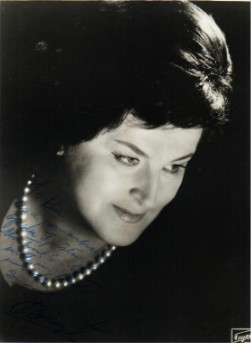Handel a la Boulez
I assume that most readers of any of my blogs know that Pierre Boulez was music director of the New York Philharmonic from 1971 to 1977. If you didn't, you do now. That was, to put it mildly, an interesting experiment. The crown prince of the modern musical world (I have over-used enfant terrible, so I'll have to figure something else out). was reduced to answering to wealthy, arthritic dowagers. Now, one benefit of this odd combination was Boulez's disc of Handel's Water Music and Music for the Royal Fireworks.
I don't really have strong feelings one way or the other about Handel. I have three recordings of the Messiah, but I am perpetually surprised by that fact. Furthermore, as I look, I think I have Gardiner's disc of the same stuff on Boulez's. It doesn't matter; the high Baroque, outside Bach, isn't all that interesting for me. I digress.
The Boulez disc is pretty good. Say what you will about his Wagner and his Mahler, but his deft touch and concentration on the score serves Baroque stuff well. He is a dry-stick (which is why I am so fond of him), but he has never had the emotion. Gardiner has more fire in the big moments, but Boulez manages to keep an even keel. Six of one, half-dozen of the other.
If you like Boulez, this is for you. However, this might be one of six or ten pieces that are absolutely impossible to screw up.


